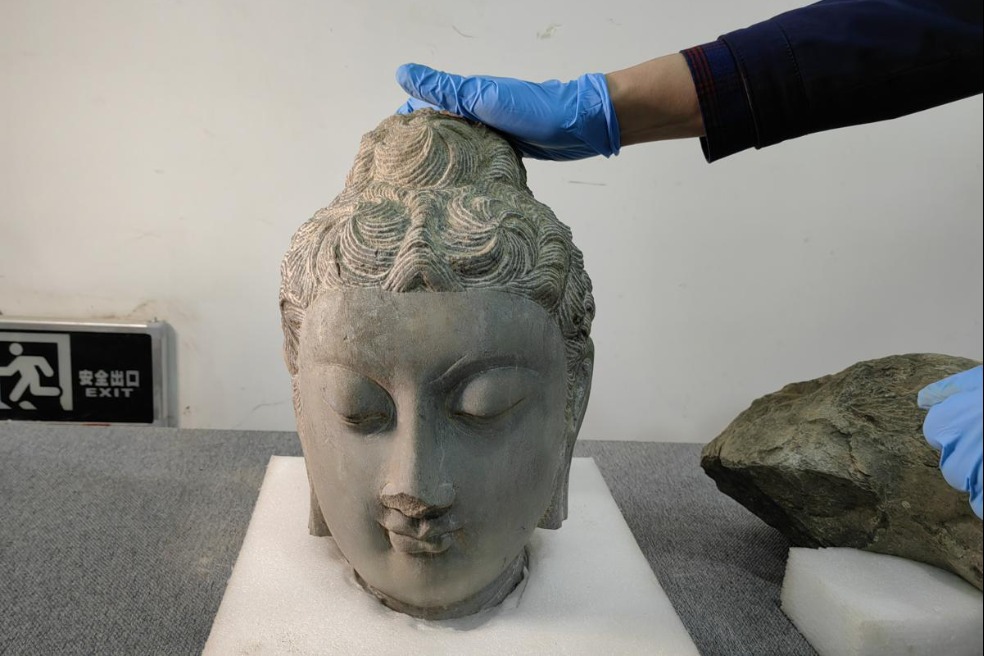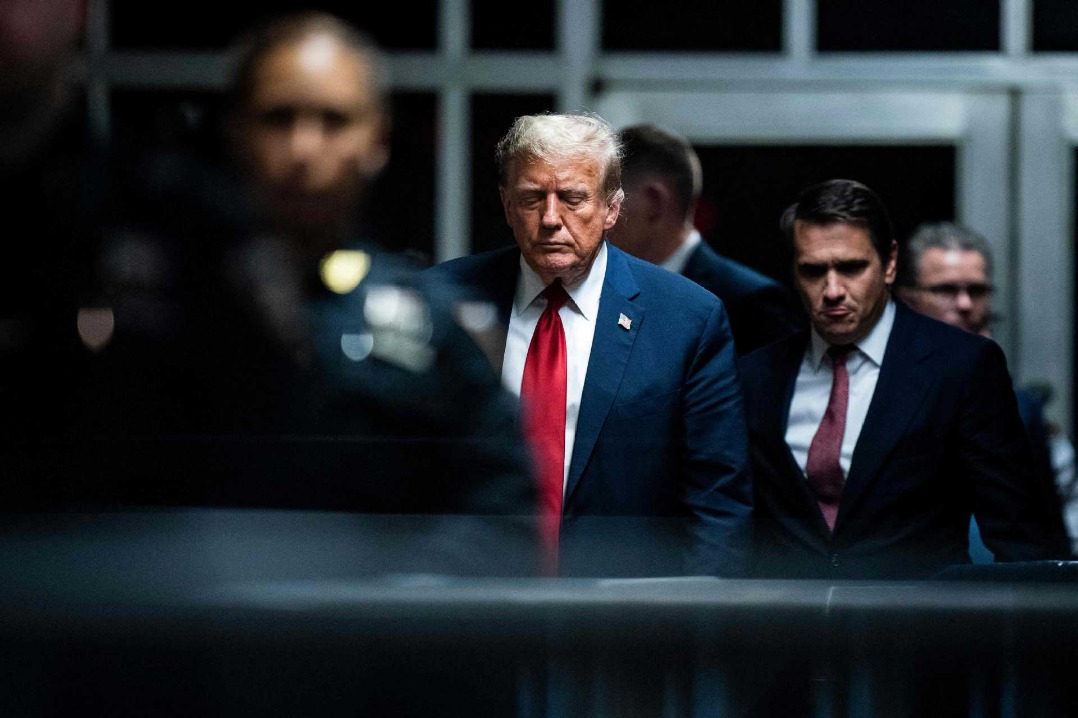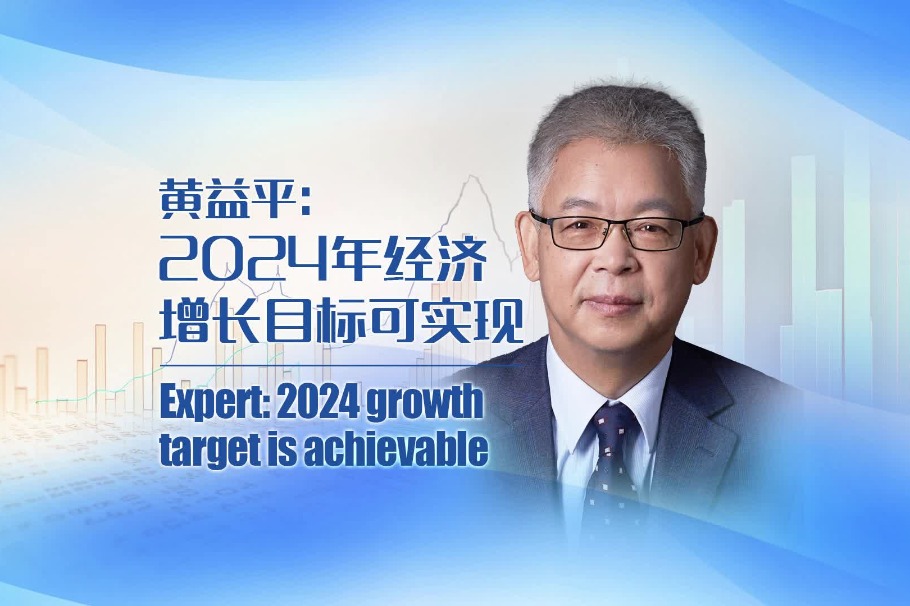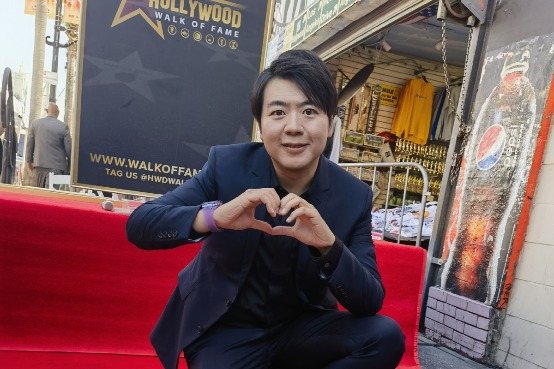Reset of ties with Australia possible, envoy says
By KARL WILSON in Sydney | China Daily | Updated: 2022-08-12 09:44
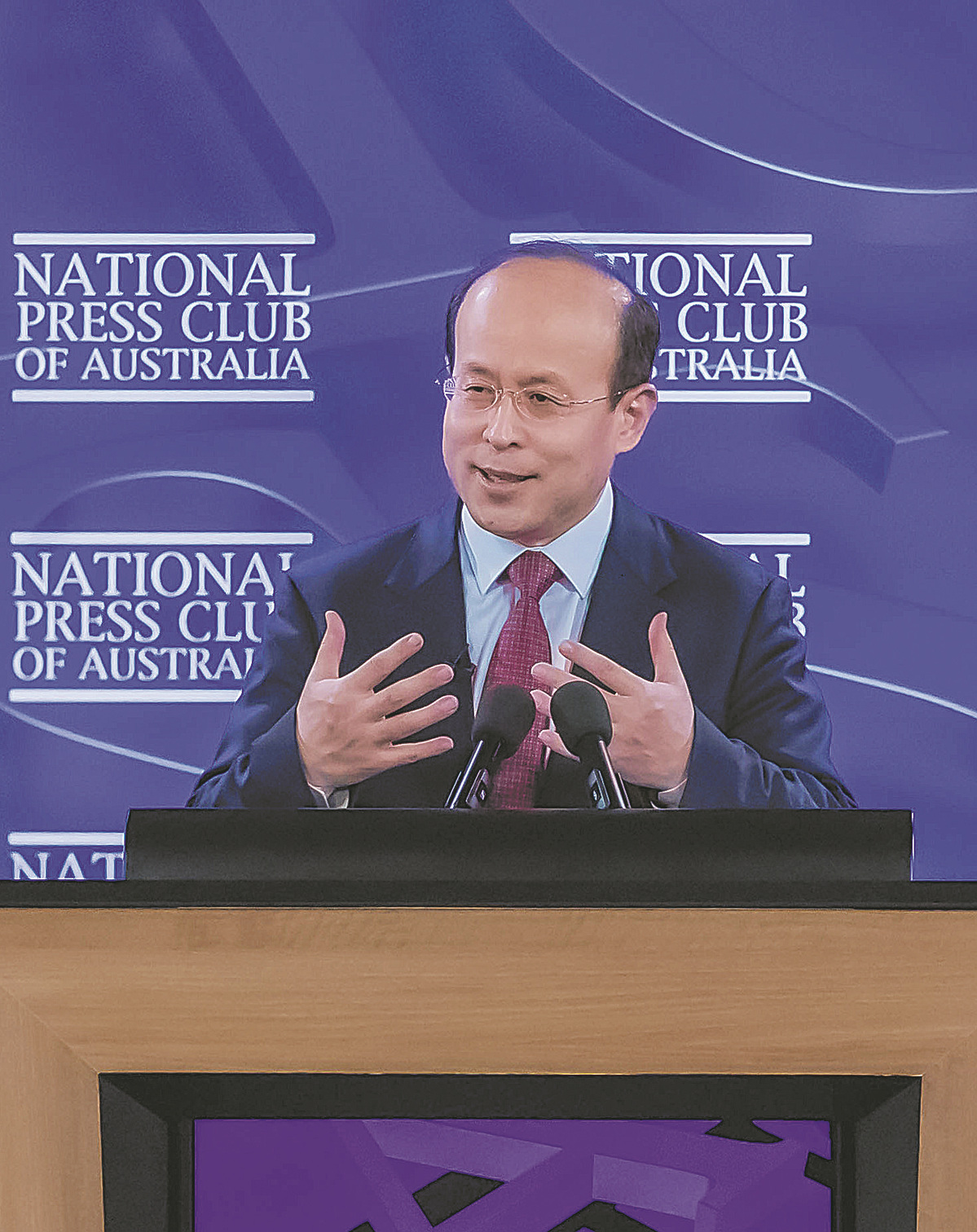
China's ambassador to Australia has told the National Press Club that despite recent difficulties in the relationship between Canberra and Beijing, a "reset is still possible".
In a wide-ranging speech in Canberra on Wednesday, Ambassador Xiao Qian said in the 50 years since ties were restored, China and Australia have made great progress in developing bilateral relations.
However, in recent years, relations have deteriorated and it is hoped that they will start to improve with the election of a new Labor government in Canberra.
"The development of China-Australia relations is at a critical juncture," he said.
"China's policy of friendship and cooperation toward Australia remains unchanged," he said.
He said the economies of China and Australia were "highly complementary" toward each other, citing the two countries' trade of mineral and energy resources as well as other commodities.
"Such practical cooperation has fostered a close partnership between our two countries. When cooperate, we both win. When we don't, we both lose," Xiao said.
"It is imperative for the governments of our two countries to adopt positive policies toward each other. Solve differences through consultation and create favorable conditions to better serve mutual cooperation."
The ambassador said there were many areas in which Australia and China share common interests and continue to cooperate, such as economic development, people's livelihoods, environmental protection, regional cooperation, climate change and free trade.
"There is a saying that no two leaves are alike," Xiao said.
"China and Australia are different in many respects. In history, culture, religion, development stage and political system. Different as we are, there are no areas where we have a fundamental conflict of interest."
He said it was important for both sides to take a "constructive "approach toward "these differences "and not let them "hijack the relationship between our two countries".
The visit to Taiwan by the US House of Representatives Speaker Nancy Pelosi was a "serious violation" of the one-China policy and other diplomatic agreements between China and the United States, he said.
"It was the United States side who first took provocative action to change and undermine the status quo," Xiao said.
"And it is the US side that should and must take full responsibility for the escalation of tensions in the Taiwan Straits."
Tim Harcourt, chief economist with the Institute for Public Policy and Governance at the University of Technology Sydney, said economic relations between China and Australia are key to bilateral ties.
"Australia has things China needs and China has things Australia needs," Harcourt said. "Economic fundamentals are the basis of the relationship and that will continue to be the case."





